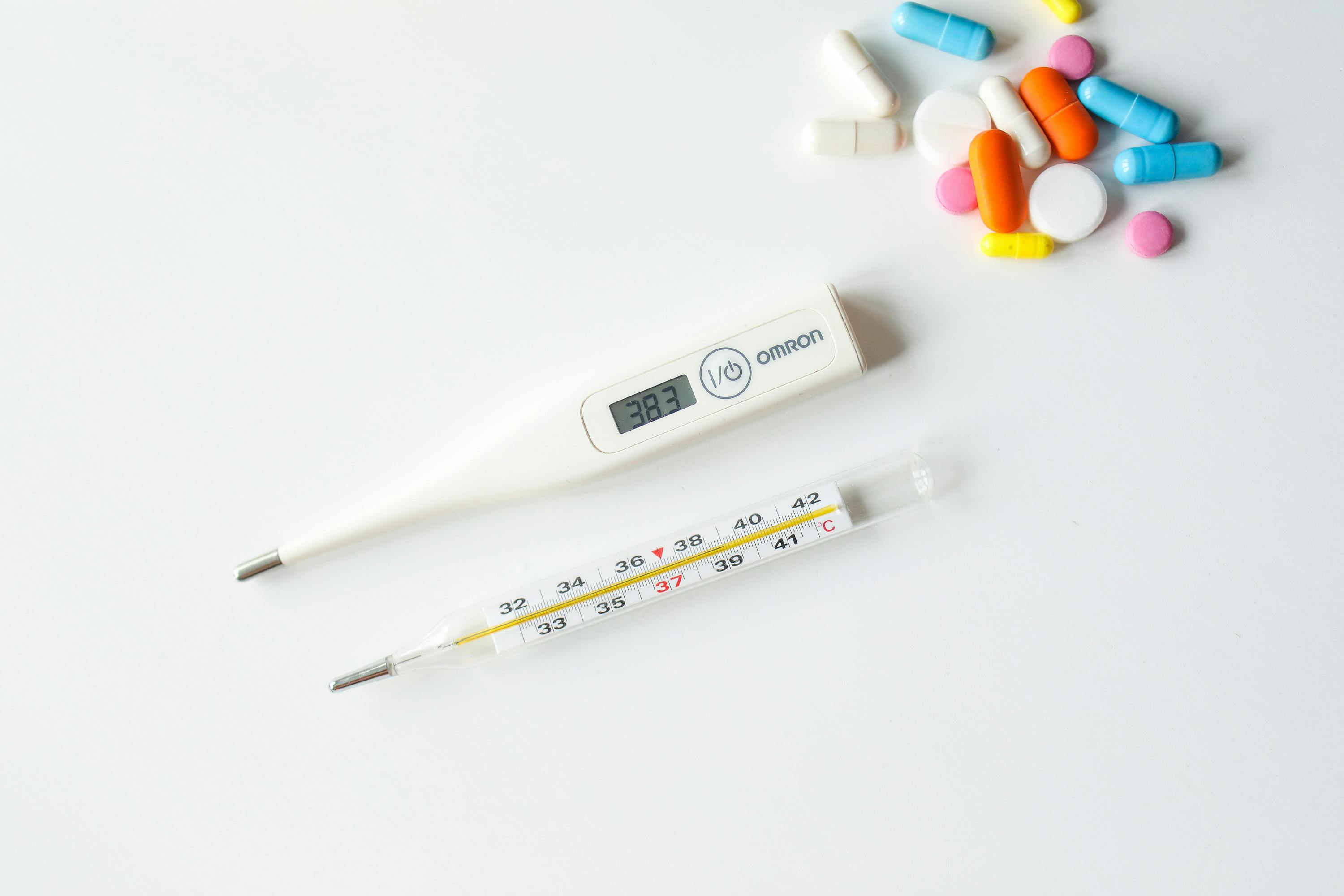How important is water to us? What if we run out of it? Let’s take a brief look at what extreme dehydration does to the human body. It has been said that man can only survive 3 days without water. After 1 day, the person feels light-headed and dizzy, as their saliva slowly disappears and they become extremely thirsty. By the second day they become extremely uncoordinated and have trouble concentrating. As dehydration takes its toll, cramps begin in the muscles of the arms and legs as the person writhes in pain. On the third day, the lips are dry enough to start chapping. The skin also becomes dry and begins to wrinkle as it loses its elasticity. Due to the lack of water in the body, your blood thickens. The thickening of the blood prevents the heart from pumping it at full capacity. Deprived of vital oxygenated blood flow, brain neurons fail and the organized electrical activity that drives the conscious mind begins to lose control of reality. Hallucinations begin when the subject goes into comatosis until the inevitable.
Sorry, it’s just to prove a point how important water is to the human body. When one is thirsty without cooling off, dizziness and confusion appear. Then follow muscle cramps and pain. Due to the lack of blood flow to the brain, the brain cannot function at its maximum capacity, hence the pain, fatigue and dizziness. See what I mean?
How much water do you need in your body to carry out daily routines without problem? Science tells us that our bodies are made up of 75% water. So you can imagine how important it is to maintain that level on a daily basis. 75% ?? We lose water from our bodies every day through simple activities like sweating, breathing, and urinating. As our activity increases, so does our level of water loss. Going to McDonald’s for a # 3 with fries and a Coke doesn’t help make up for lost water. Drinking a coffee, beer, and / or soda is the opposite of what your body needs to satisfy, because they actually absorb water away from you. The only way to provide a healthy resource for daily life is simply by drinking plain water! Guess where else you get the water from? Yes, fruits and vegetables! Here we go again! The feeling of being thirsty should never come into play. We should all drink water regularly enough to stay fully hydrated enough that we never feel thirsty. Of course, we cannot always be in situations where water is always available. Or can we? It is so important that we treat this as if our lives depended on it.
Now let’s talk about fibromyalgia.
Have you ever heard of a disorder where the sufferer deals primarily with chronic pain, chronic fatigue, and memory loss? How about a disorder that produces severe pain and discomfort in muscles and joints throughout the body? How about a disorder where your symptoms also include sleep problems, headaches, irritable bowel, dizziness, abdominal pain, and even vision problems? And those are just a few of them. How about a disorder that affects more than 5 million people in the United States today? It’s called fibromyalgia (FMS, fibromyalgia syndrome), which has become such a widespread disorder that doctors have begun to classify it as a syndrome, meaning that its symptoms and traits occur together. These symptoms can lead one to a very restrictive lifestyle due to intense pain., discomfort and feelings of despair. Unable to understand what has become of themselves and their ongoing symptoms associated with FMS, anxiety and depression can also take their toll on anyone who seems unable to find solutions to overcome this horrible syndrome. People live with aching joints and muscles, wake up in the morning as if they haven’t slept at all, and suffer from what’s known as “brain fog,” a short-term memory loss that is accompanied by an inability to concentrate. So the main symptoms are pain, fatigue and lack of concentration.
So the problems that accompany dehydration are:
Muscle pain – fatigue – dizziness / confusion – headaches – vision problems – abdominal pain – nausea – constipation
The problems with fibromyalgia are:
Muscle pain – fatigue – dizziness / confusion – constipation – headaches – weight gain – indigestion – vision problems – abdominal pain – nausea – insomnia,
Do you get the point?
